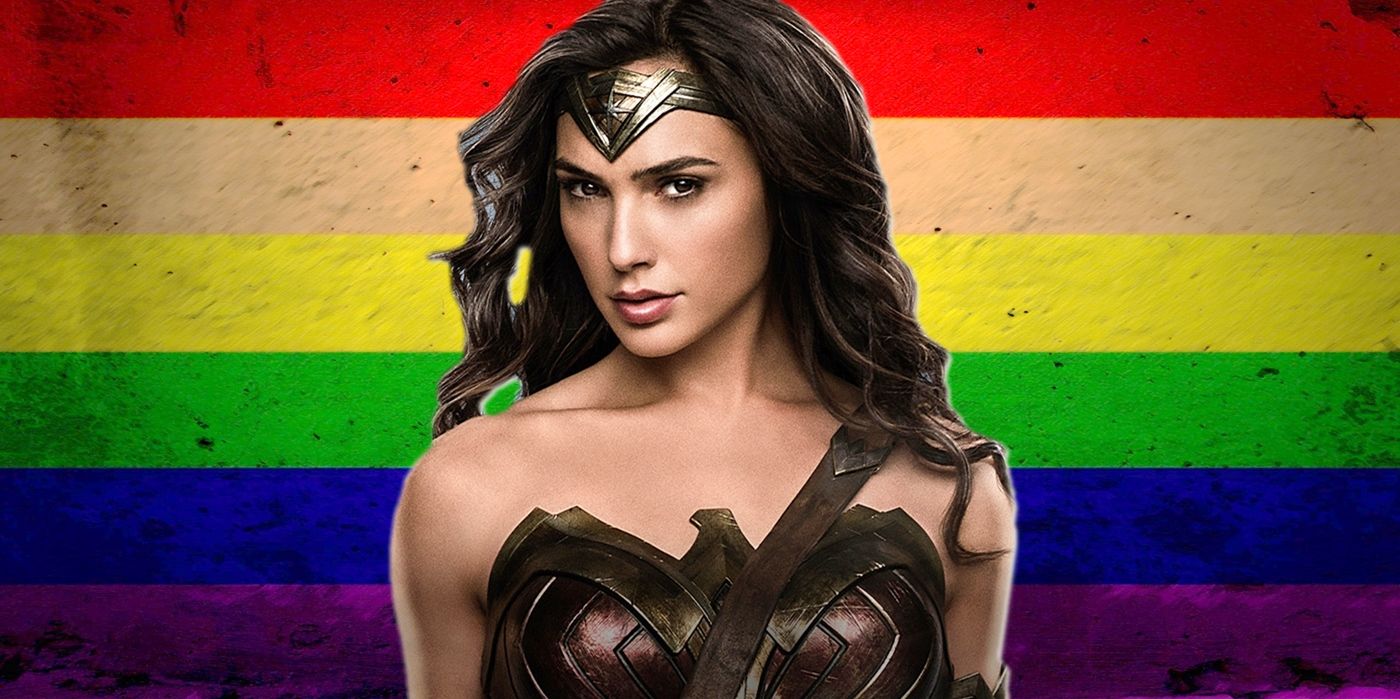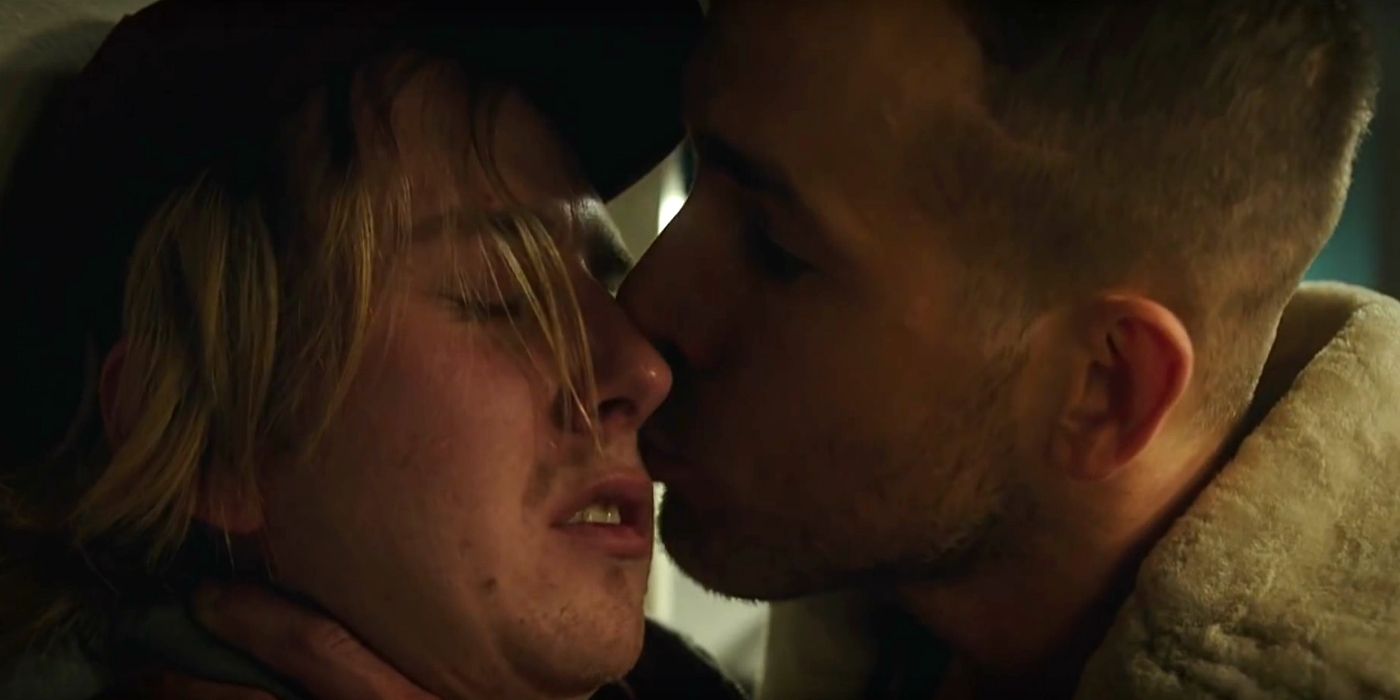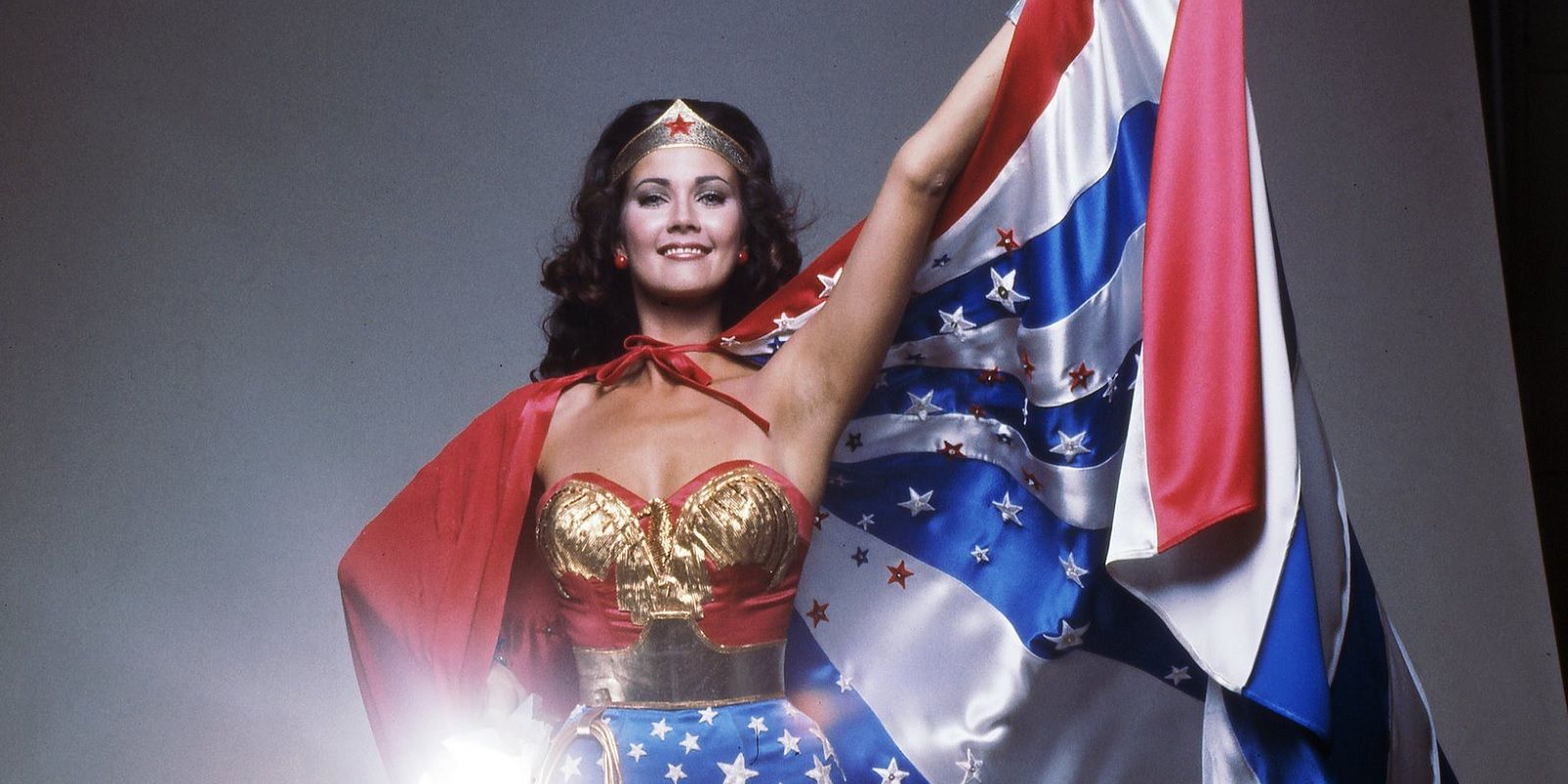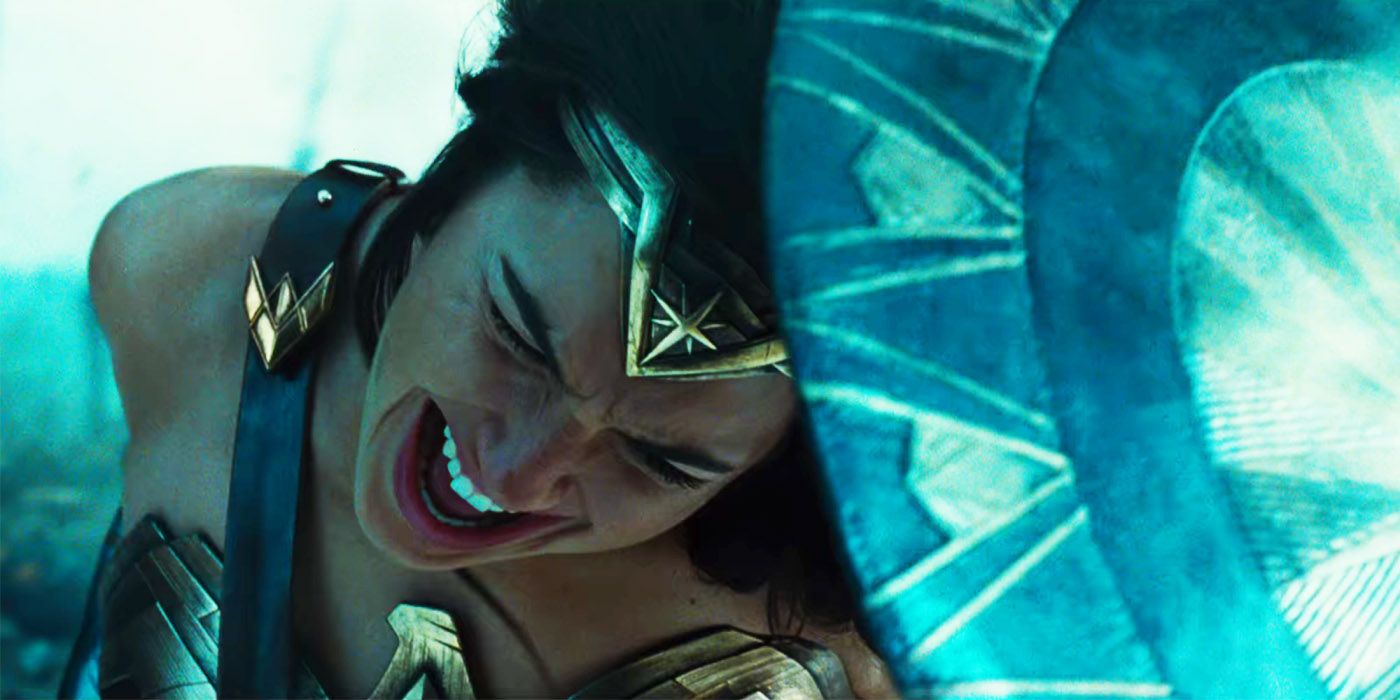For many marginalized groups, the primary concern regarding representation is that there simply is none whatsoever. This issue is especially pertinent to the LGBT+ community, who have been historically marginalized because of how they live, rather than because of any outward traits. If greater visibility leads to more acceptance, then, the LGBT+ community works to voice to their own experiences in the name of social equality. This has been true since the height of gay rights activism in the seventies and eighties, and continues to be true today.
One long-standing aspect of the LGBT+ experience, coming out, is arguably universal within that community, and perfectly encapsulates the need for LGBT+ voices. After all, it is a big step for an LGBT+ person to feel able able to openly exist as, say, a woman who loves women, or a trans person in a society that favors strictly gendered behavior. In the world of fiction, this means it's one thing to just say that a character is gay retroactively (what's up, J.K. Rowling?), and another entirely to represent their experiences in an honest and thoughtful way - coming out included.
Gay activists Robert Eichberg and Jean O'Leary named October 11th National Coming Out Day in 1988, in order to celebrate this pivotal step in LGBT+ identity and self-acceptance, and the week leading up to National Coming Out Day 2016 has seen the coming out (though some would argue it merely states the obvious) of a DC icon, Wonder Woman, after writer Greg Rucka confirmed that the character is best described as queer. While LGBT+ characters have been around in superhero comics for a long time, and have a notable presence in current superhero TV shows (both DC and Marvel), superhero movies have been much slower off the mark.
Though Star Trek Beyond broke ground this summer by giving us a glimpse of Sulu's husband, there are still no major sci-fi/fantasy franchise films with an LGBT+ lead (meaning an LGBT+ lead who is openly in a relationship with someone of the same gender, so while we love Deadpool, he doesn't really count). And which hero is most ready and waiting to come out on the big screen for the first time? You don't need a Lasso of Truth for this one...
That's right, given her comics arc and all that the character historically represents, Wonder Woman is perfectly primed to come out in the on-screen superhero universe. Not only has Diana Prince recently been confirmed as engaging in relationships with both men and women, the hero's in-print origin perfectly lays the groundwork for a queer/bisexual Wonder Woman. For one, her recent Rebirth arc emphasizes the importance of female attraction in Themyscira, and heavily implies that her powers developed in response to negative experiences with men.
While it would be ridiculous to imply that bad experiences with men can automatically make someone attracted to women, it makes sense in the context of Diana's greater origin story. Even the Wonder Woman trailer draws attention to how deeply Diana values women, and believes they should not be subordinate to men. Though the film appears to rightfully honor Diana's (Gal Gadot) attraction to classic love interest Steve Trevor (Chris Pine), that does not mean it eliminates the potential for a female love interest - in fact, the film and comics together seem to be moving toward a version of Wonder Woman that realistically adapts her origin story for the modern world.
On a more meta level, Wonder Woman is the ideal candidate to be the world's first out superhero, since the character has long been upheld as a gay icon in the real world. Since Diana made her TV debut in the 1970s, played by Lynda Carter, the character has thoroughly captured the attention of the LGBT+ community. The TV show heavily influenced gay camp culture, and its empowering message drew the attention of lesbians and other women-loving women. Diana - and Carter herself, who is now an outspoken LGBT+ rights activist - has thus retained an influential position within LGBT+ consciousness for over forty years. That's all to say that making Wonder Woman the first culturally "out" on-screen superhero would just make sense.
Unfortunately, if Diana does finally get a female romantic interest, it won't be in her upcoming solo 2017 film. Gal Gadot completed shooting for the film earlier this year, and though the actor agreed that a bisexual Diana Prince "makes sense," she also said it "never came to the table." That means we could be looking ahead to the 2019 Justice League movie, or a future Wonder Woman sequel, for the character's coming out party.
This is a shame, since Wonder Woman will focus explicitly on Diana's origins, but it's not a total loss. Perhaps a future Wonder Woman film will see the return of one of her beloved island companions, or maybe she'll just be intrigued by a mortal woman. We know that current Wonder Woman director Patty Jenkins could handle a same-sex relationship between women with aplomb, since she expertly directed Charlize Theron into an Oscar with her portrayal as lesbian criminal Aileen Wuornos in 2003's Monster.
Many are averse to the idea that "political issues" will take over their beloved franchises, and worry that portrayals of same-sex relationships will mark such an interference. But in the case of Wonder Woman, an on-screen same-sex relationship would actually be as true to the source material as possible. After all, it's pretty hard to portray the comics' modern representations of Themyscira and not acknowledge the island's Sapphic nature. Moreover, it's important to keep in mind that representation of LGBT+ people is not inherently political - LGBT+ people are just people who want to see themselves on screen like anybody else. There is the potential for a political message in practically all aspects of modern representation, and even in the act of representation itself, so fighting the mere portrayal of a lesbian relationship in a major franchise on the basis that portraying reality is somehow "political" is more or less futile.
Coming out doesn't look the same for every single person. It's quiet and simple for some people, and intense and dramatic for others. All LGBT+ people need to come out to themselves before coming out to other people, which is an entirely different battle altogether. We're not calling for superhero film representation that captures all of this nuance, nor do we think it would be realistic for Diana Prince to suddenly declare, "I am bisexual" (though it would definitely be cool). Rather, what we think would best reflect the character's in-print origins and the current conversation surrounding her would be an honest, well-written romance with another woman.
This is not a call for fewer action sequences in Wonder Woman movies, or a request that her films suddenly become all about romance, but merely a rumination on how necessary and wonderful it could be to see a major superhero finally save the day for someone of the same gender. On National Coming Out Day, it's nice to think about how far we've come, and what we can still look forward to.
NEXT: DC Comics Has Never Been This Queer
Any young people who might be nervous about coming out today, or feel like they still can't, should know that their existence is legitimate and important. LGBT+ identity looks different on every single person, and perhaps in the not-too-distant future... could even wear golden cuffs.
Wonder Woman opens in theaters on June 2, 2017, followed by Justice League on November 17, 2017; Aquaman on July 27, 2018; an untitled DC Film on October 5, 2018; Shazam on April 5, 2019; Justice League 2 on June 14, 2019; an untitled DC film on November 1, 2019; Cyborg on April 3, 2020; and Green Lantern Corps on July 24, 2020. The Flash, The Batman, Dark Universe and Man of Steel 2 are currently without a release dates.




